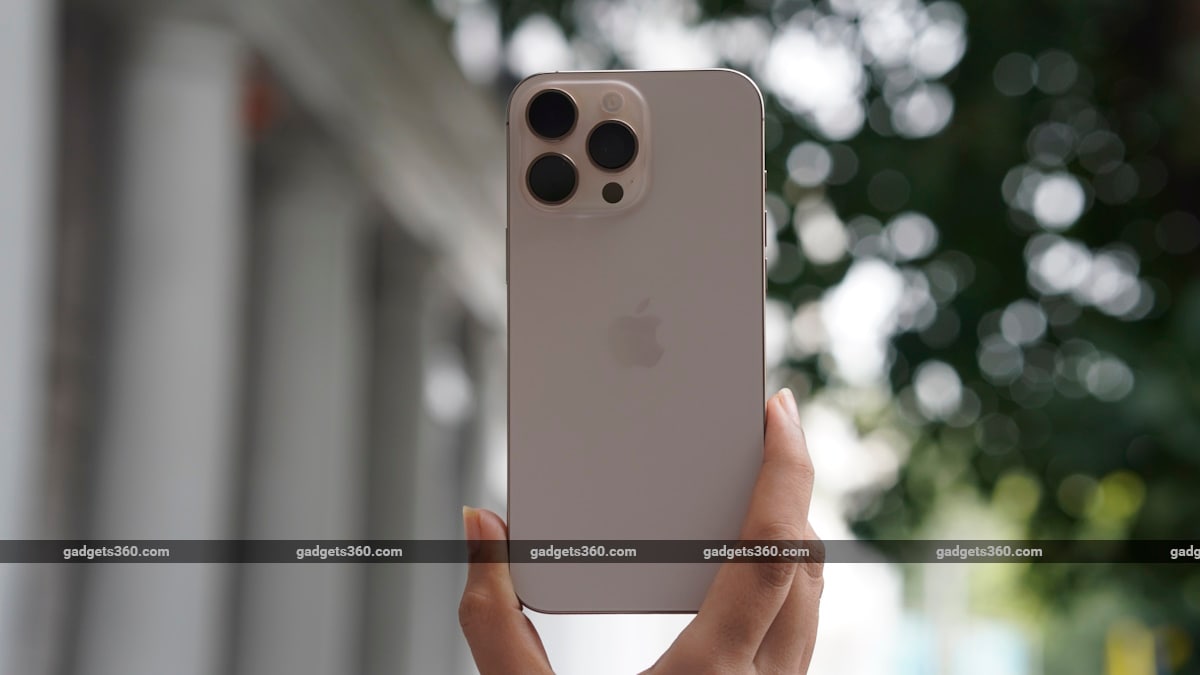iOS 18.1 rolled out to customers final month with a brand new safety function that may restart a person’s smartphone if it isn’t unlocked for 3 days, successfully securing the info on the gadget from thieves, in response to safety consultants who examined the function. A latest report revealed that iPhone items seized for forensic investigation have been rebooting on their very own, and it was later revealed that the ‘inactivity reboot’ performance was added as a part of the most recent iOS replace.
How Apple’s ‘Inactivity Reboot’ Works on an iPhone
Final week, safety researcher Jiska Classen revealed that Apple had added a brand new function known as ‘Inactivity Reboot’ that might trigger an unattended iPhone to reboot after a sure interval. The researcher has now revealed that the function is activated after three days, together with an illustration of the way it works.
See the most recent iOS inactivity reboot in motion!
iOS 18 comes with improved anti-theft measures. Three days w/o unlock, the iPhone will reboot, stopping thieves from getting your information. (1/4) pic.twitter.com/H24Tfo1cSr
— Jiska (@naehrdine) November 13, 2024
In a video posted on X (previously Twitter), the researcher confirmed an iPhone 14 Professional mannequin operating on iOS 18.1, which rebooted when it was not unlocked inside a 72-hour interval. The safety function is designed to restrict unauthorised entry to a smartphone, when it isn’t in lively use.
When an iPhone is rebooted, it enters a state known as ‘Earlier than First Unlock’ (BFU) — that is when the encryption keys used to guard person information are safely saved on the handset’s chipset, in a safe subsystem known as the Safe Enclave.
It’s far more troublesome for somebody to achieve unauthorised entry to the smartphone within the BFU state, in comparison with ‘After First Unlock’ (AFU), which because the title suggests, is when the telephone has been unlocked, and biometric authentication (Face ID or Contact ID) is enabled.
Nonetheless, the researcher warns that three days (within the AFU state) is sufficient time for legislation enforcement to get entry to person information, particularly when utilizing skilled instruments or consultants. Nonetheless, it’d forestall thieves from gaining access to an iPhone utilizing out-of-date instruments.
Customers may also allow Stolen Knowledge Safety — a function launched with iOS 17.3 — that prompts using biometric authentication to vary necessary settings on an iPhone. This function is disabled by default, because it provides extra friction to the method of modifying some settings, however customers will reportedly be prompted to show it on when establishing their iPhone with the upcoming iOS 18.2 replace.

